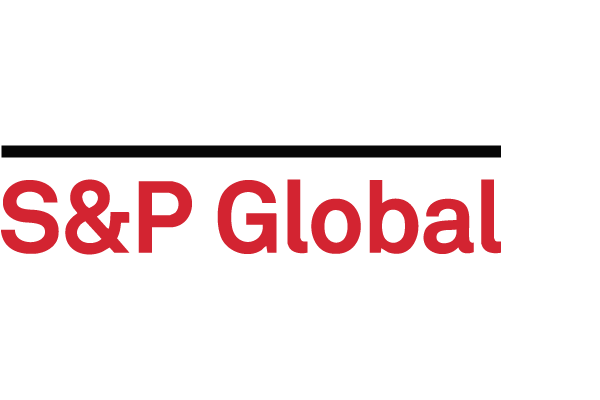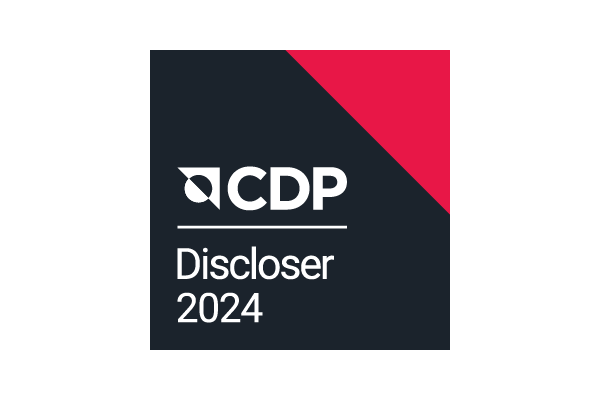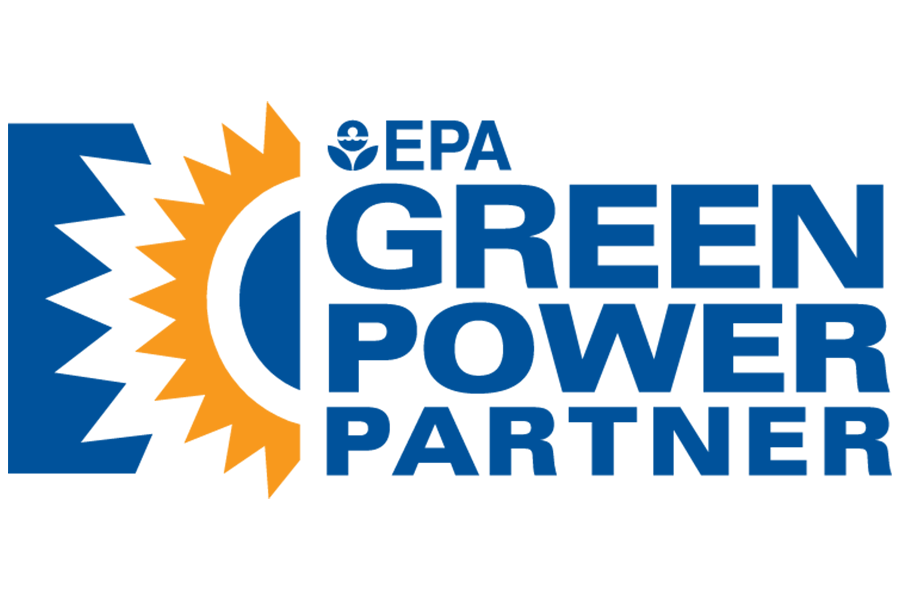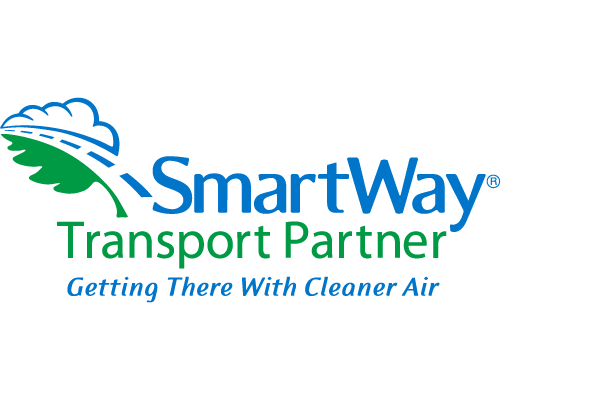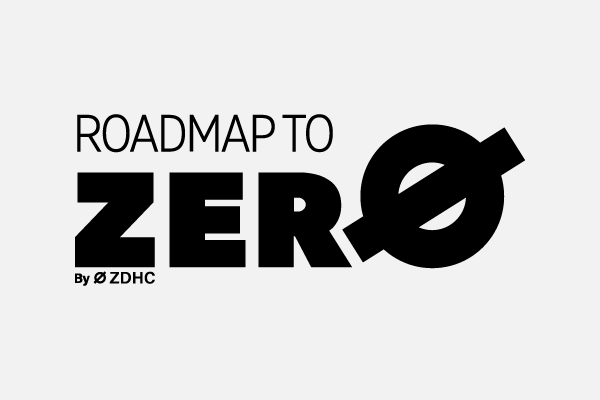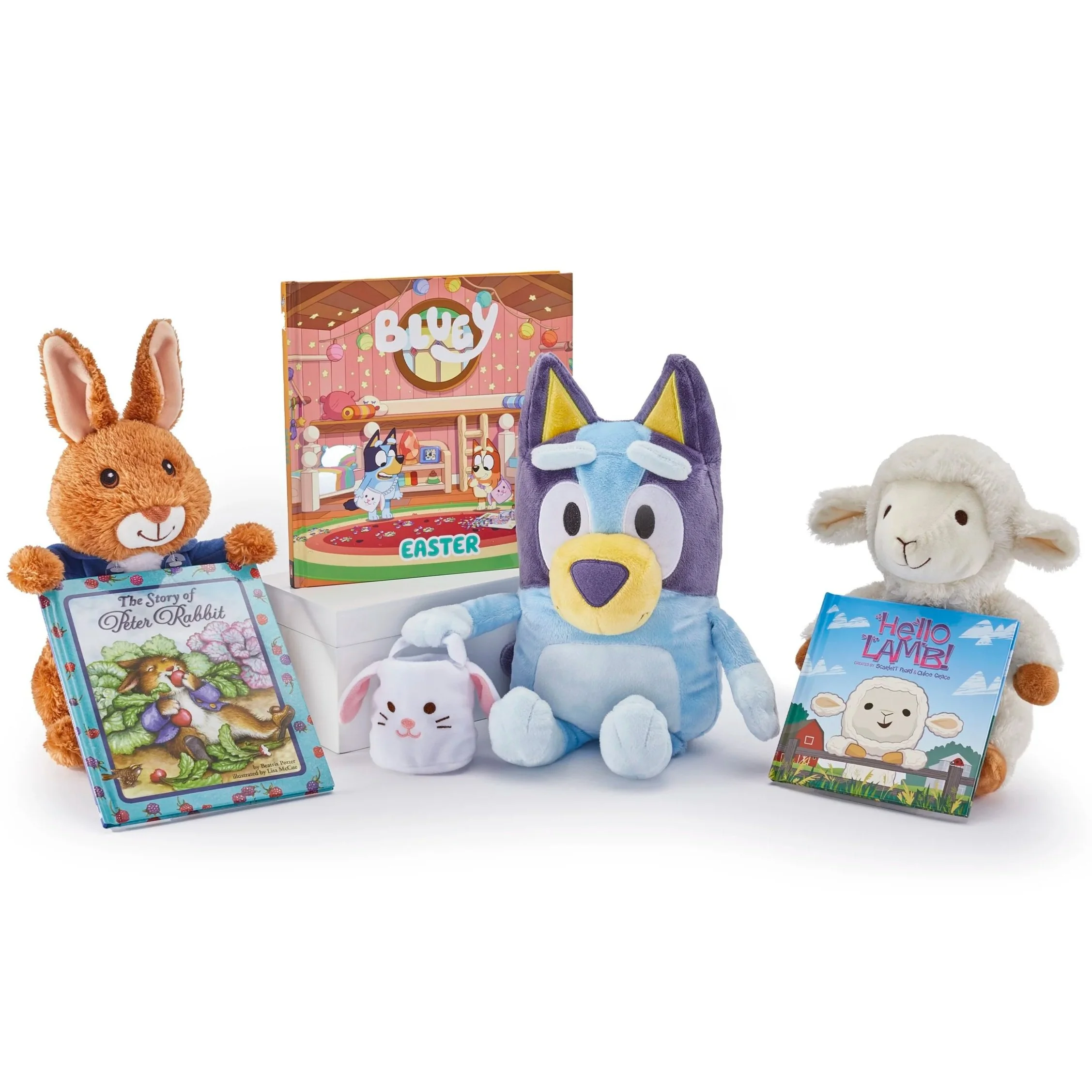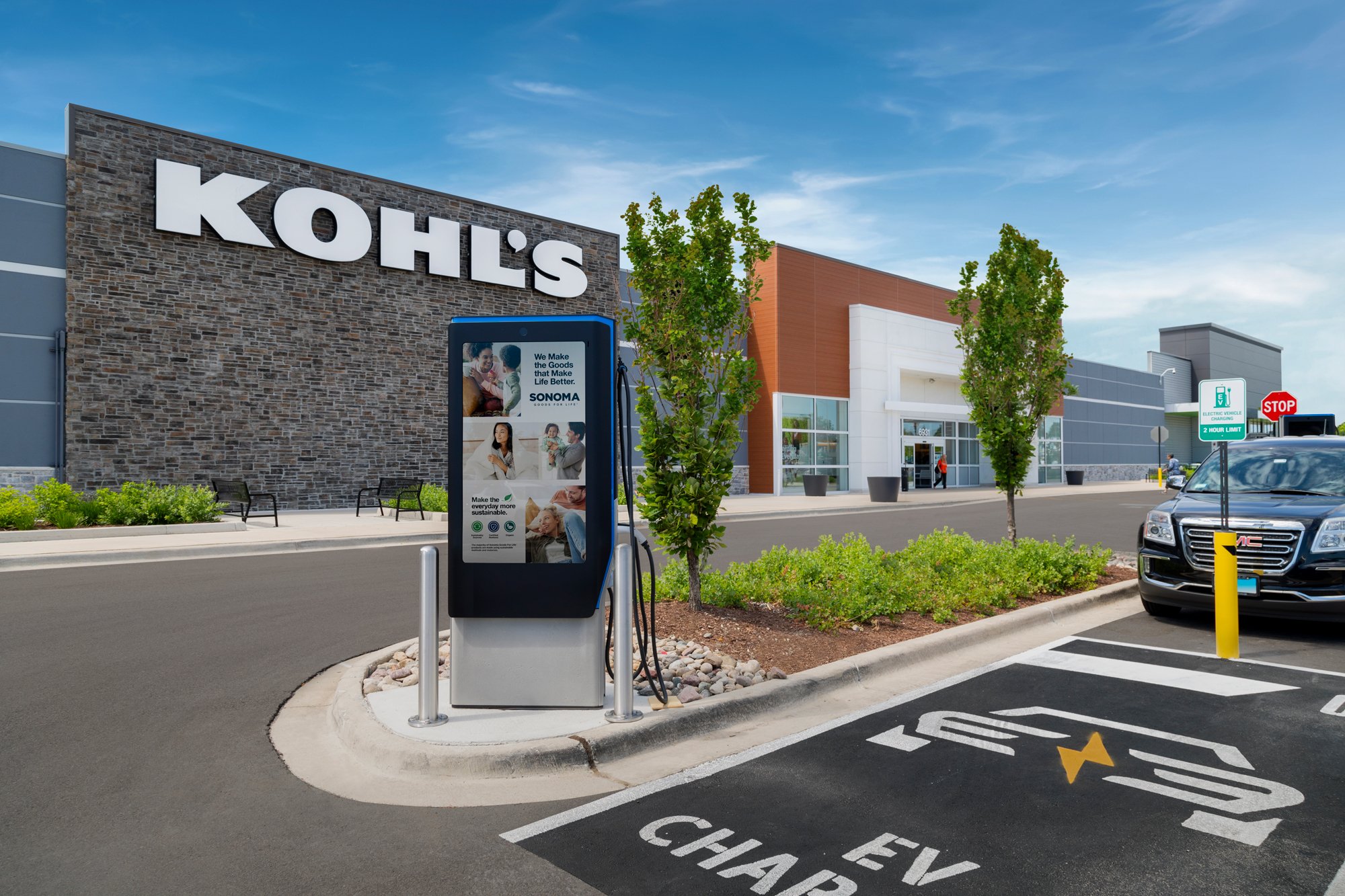
Kohl’s Environmental Sustainability
We believe that incorporating sustainable solutions in the way we do business will help to build better futures for families and aid in protecting our planet’s natural resources.
Through collaboration with our associates, vendors and customers, we continue to support our sustainability initiatives across the key areas of climate action, waste and recycling, and responsible sourcing. Our strategy is guided by leveraging business practices and decisions that enhance the objectives of the United Nations Sustainable Development Goals (SDG).
-
Our climate action goals are focused on the reduction of greenhouse emissions and the increase of renewable energy use.
Reduce combined scope 1 and scope 2 greenhouse gas emissions by 50% versus 2014 baseline by 2025
Reduce energy consumption by 30% at Kohl’s facilities versus a 2008 baseline by 2025
Expand renewable energy platforms by building off of the company’s existing solar locations
Support the transition to a low-carbon transportation system, building off of the company’s existing locations offering electric vehicle (EV) charging
-
Our waste and recycling goals are focused on the management of all wastes, reducing waste generation and promoting relevant recycling information to customers.
Divert 85% of Kohl’s U.S. operational waste from landfills annually
Label 100% of Kohl’s-owned branded packaging with the How2Recycle label by 2025
Reduce the amount of plastic and cardboard in Kohl’s-owned branded packaging
-
Our responsible sourcing goals for only-at-Kohl’s brand products are focused on the efficient use of natural resources and environmentally sound management of chemicals. Business partners must live up to our social compliance standards, share our convictions, and operate according to our universally applied standards regarding ethics, fair business practices, and workplace safety. Learn more about how Kohl’s works with suppliers on responsible sourcing.
Require all approved facilities producing only-at-Kohl’s brand products to complete the Higg Index Environmental Module by 2025
Utilizing the Higg Index, drive substantial reduction in water use in the production of Kohl’s-owned branded products by 2025
Emphasize the elimination and reduction of certain chemicals and strive for zero discharge of hazardous chemicals in tier 1 suppliers for select only-at-Kohl’s branded product in scope (textile, apparel, leather and footwear)
Achieve 100% responsibly sourced cotton for only-at-Kohl’s brands by 2025
Require 50% of polyester styles to contain recycled materials in only-at-Kohl’s brands by 2025
Learn more about our environmental sustainability work
Kohl’s Cares About Sustainability - Priorities Assessment
At Kohl’s, we focus on the most impactful sustainability issues to foster a better future for families, the planet, and our business. To ensure a comprehensive approach, Kohl’s partnered with a third-party consultant to conduct a materiality assessment aligned with the Dow Jones Best-in-Class Indices’ double materiality framework. This assessment identified the most significant environmental and social impacts of our operations (outward impacts), as well as the key factors that could influence our long-term business success (inward impacts). The insights from this process guide us in prioritizing the most relevant sustainability topics, enabling us to set meaningful goals and commitments that benefit both our business and stakeholders.
We have categorized these topics into four key areas: Environment, Social & Human Capital, Business Model & Innovation, and Leadership & Governance. Topics are not organized in a priority order.
-
Energy management & clean energy
Water & effluents
Waste management
Emissions reporting
Biodiversity
-
Data security
Economic performance
Indirect economic impacts
Procurement practices: local sourcing
Product quality & safety
Customer privacy
Employee engagement & inclusion
Labor practices
Workplace safety, health & well-being
Workforce training & education
-
Product sourcing, packaging & marketing
Materials sourcing & efficiency
Supply chain management
Product design & lifecycle management
-
Policy
Anti-corruption
Tax
Disaster preparedness & business continuity
Climate-related financial risk
Note: The materiality discussed on this page pertains to the key issues that shape our sustainability strategy and programs. It is not the definition of materiality used for filings with the U.S. Securities and Exchange Commission (SEC).
The material topics presented on this page are not intended to reflect the materiality or financial impact of these issues on Kohl’s or its investors. For a detailed discussion of the risks that are material to Kohl’s investors, please refer to our Annual Report on Form 10-K filed with the Securities and Exchange Commission, along with our subsequent Quarterly Reports on Form 10-Q and Current Reports on Form 8-K.
Awards & Partnerships
Latest News
Kohl’s Nominating and ESG Committee is responsible for oversight of ESG matters.

